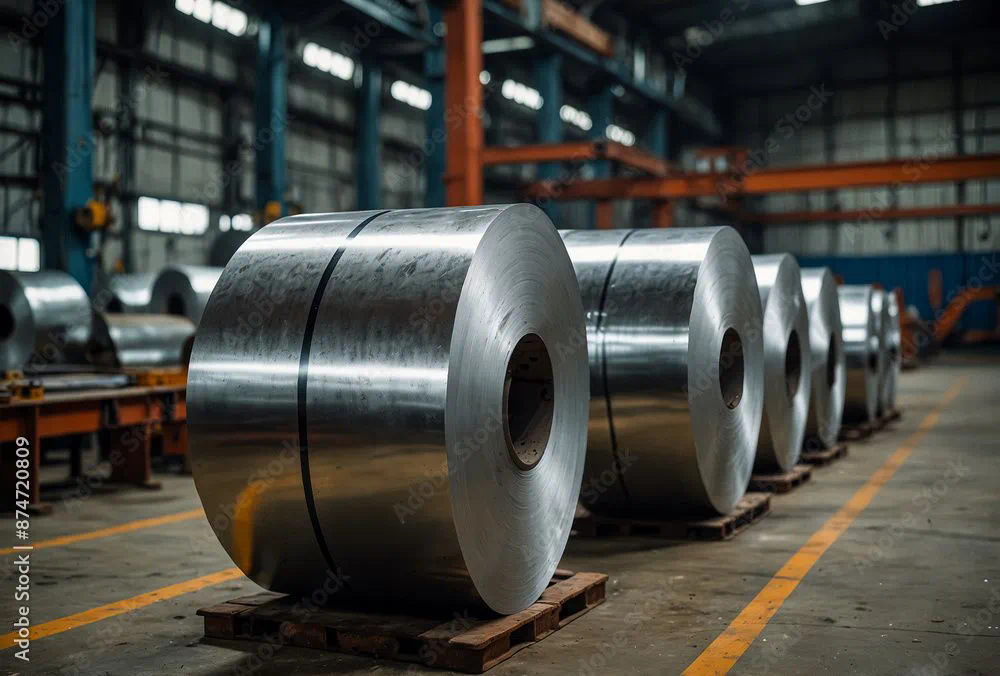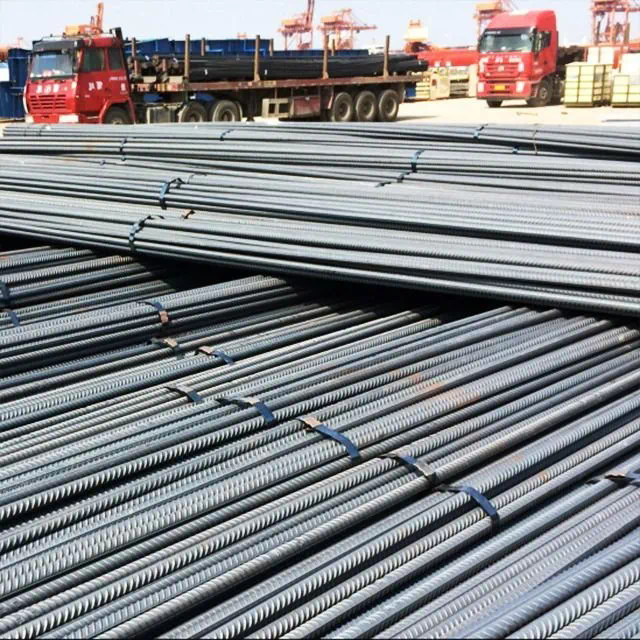Applications and Uses of Glass Lined Reactors in Industry
Glass-lined reactors are an essential component in various industrial processes, providing unique advantages that enhance the efficiency and safety of chemical reactions. These reactors are widely used in industries such as pharmaceuticals, chemicals, and food processing, owing to their resistance to corrosion, high chemical purity, and excellent thermal properties. This article will explore the applications and uses of glass-lined reactors in industry, delving into their benefits, operational mechanisms, and specific industrial applications.
Glass-lined reactors are designed to handle a wide range of chemical reactions while maintaining high standards of purity and safety. The interior of these reactors is coated with a layer of glass, which acts as a protective barrier between the reactive chemicals and the metal structure of the reactor. This glass lining is crucial for preventing contamination and corrosion, ensuring the longevity and reliability of the equipment.
The glass lining is typically made from borosilicate glass or enamel, which offers excellent resistance to chemical attacks and thermal stress. The application of this glass coating involves a meticulous process of applying a layer of glass frit to the reactor’s surface, followed by a high-temperature firing process. This process forms a durable and inert coating that can withstand harsh chemical environments and high temperatures.
In the pharmaceutical industry, glass-lined reactors are indispensable due to their ability to handle highly reactive and sensitive compounds. The pharmaceutical sector often deals with drugs that require precise control over reaction conditions to ensure product purity and efficacy. Glass-lined reactors provide a clean and controlled environment, which is essential spark test for glass lined reactor for the synthesis and processing of pharmaceuticals. Additionally, the smooth surface of the glass lining facilitates easy cleaning and maintenance, reducing the risk of cross-contamination between batches.
Similarly, in the chemical industry, glass-lined reactors are used for a variety of reactions including polymerization, neutralization, and hydrolysis. Their resistance to corrosive chemicals makes them ideal for processes involving strong acids, bases, and oxidizing agents. Glass-lined reactors are particularly useful in producing specialty chemicals where contamination can lead to significant quality issues or hazardous conditions. The ability to maintain a high level of chemical purity and prevent contamination is crucial for ensuring the quality and safety of chemical products.


In the food processing industry, glass-lined reactors play a critical role in the production of various food and beverage products. These reactors are used for processes such as fermentation, mixing, and homogenization, where maintaining the integrity of the food product is paramount. The non-reactive nature of the glass lining ensures that there are no unwanted interactions between the reactor and the food ingredients, thereby preserving the taste, texture, and nutritional quality of the final product.
One of the significant advantages of glass-lined reactors is their ability to handle high-temperature and high-pressure conditions. Many industrial processes require precise control over temperature and pressure to ensure optimal reaction conditions. Glass-lined reactors can operate under such conditions while maintaining their integrity and performance. This makes them suitable for processes that involve elevated temperatures or pressures, such as those found in the petrochemical industry.
The design of glass-lined reactors also contributes to their versatility and efficiency. These reactors typically feature agitation systems that ensure thorough mixing of reactants, enhancing the efficiency of the chemical reactions. The agitation can be tailored to suit specific reaction requirements, allowing for optimal performance across a range of processes. Additionally, glass-lined reactors are equipped with temperature and pressure control systems that enable precise regulation of reaction conditions.
Despite their numerous advantages, glass-lined reactors also have some limitations. The glass lining, while highly resistant to corrosion, can be susceptible to mechanical damage if not handled properly. Any cracks or chips in the glass lining can compromise the reactor’s performance and lead to contamination of the reaction mixture. Therefore, proper handling and maintenance are essential to ensure the longevity and effectiveness of glass-lined reactors.
In conclusion, glass-lined reactors are a valuable asset in various industrial applications due to their resistance to corrosion, ability to maintain chemical purity, and suitability for high-temperature and high-pressure processes. Their use in the pharmaceutical, chemical, and food processing industries highlights their versatility and effectiveness in handling diverse chemical reactions. As industries continue to evolve and demand higher standards of purity and efficiency, glass-lined reactors will remain a crucial component in achieving these goals. Their unique properties and benefits make them an indispensable tool for ensuring the success and safety of industrial processes.

https://supplychaininterview.com/